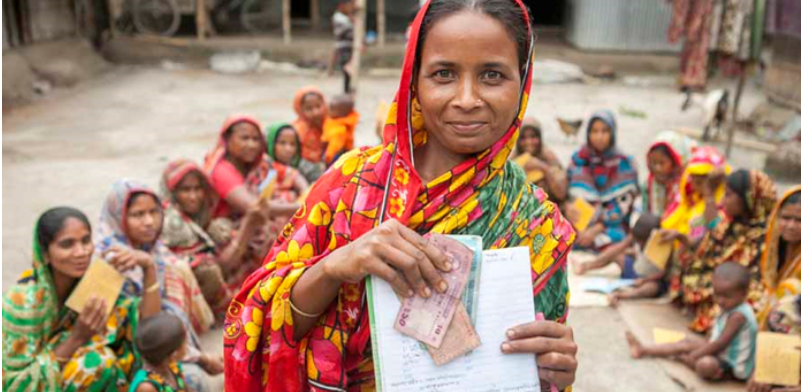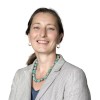Ardi Stoios-Braken is the Ambassador of the Embassy of The Kingdom of The Netherlands in Islamabad (Pakistan). In reaction to the Annual Report of MASSIF, she highlights the importance of women's access to financial services to support inclusive growth .
Too often people only look at Pakistan in terms of challenges rather than business opportunities. It is in places where things are difficult that you can make a difference. Pakistan is now the sixth most populous country on earth and has made enormous progress in restoring stability and security. The economy is growing at a rapid pace and many people have been able to start building better lives for themselves.
Pakistan's growing middle class represents a powerful engine for change, demanding both better services and access to opportunities. They are also key in driving growth and creating jobs as income has doubled since 2010. With almost two thirds of people under 30, Pakistan has one of the youngest populations in the world. Young people have many ideas on how to establish new business and how to move the country forward. When I speak to young entrepreneurs I see a wealth of creativity and innovation.
The population boom in Pakistan means that 1.5 million young people reach working age each year. Agriculture still employs 47% of the country's workforce and supports about 80% of its rural population. Most food in Pakistan is still produced by smallholdings run by women who are valued for specific agricultural skills. But in a country that ranks 147th out of 188 in the United Nations Gender Inequality Index, the challenge is to enable women to convert their skills into economic empowerment.
Equal opportunities for men and women can support economic development and prosperity.
Equal opportunities for men and women can support economic development and prosperity. Currently, women face disproportionate financial access barriers that prevent them from participating in the economy and from improving their lives. In Pakistan less than 10% of women use some form of credit. Expanding women's access to financial services is crucial in achieving inclusive growth.
In 2017 MASSIF invested in ASA Pakistan Ltd., a microfinance institution (MFI) that primarily targets women micro-entrepreneurs. ASA Pakistan is using the funding to empower women entrepreneurs, to create jobs and an income, and to enable them to prosper and support their families. MASSIF also enables ASA Pakistan to provide funding and financial education to some 50,000 women and their families.
Another investment MASSIF made in 2017 was in Kashf Foundation, a Pakistani MFI that provides microcredit, micro-savings, business development services and social advocacy interventions aimed at raising awareness of gender discrimination and social issues at community level. The organisation empowers poor women in a country where women have a structurally subordinate position and aims to bridge the financing gap for women by helping on both the supply and the demand side to finance women-owned micro enterprises.
The Dutch embassy works closely with FMO in Pakistan to advance financial inclusion. Much still needs to be done to improve use of financial services, particularly among women, and to reach the country's ambitious target of 50% account ownership by 2020. This is clearly a complex task here - as it is around the world - but step by step, real progress is being made.



